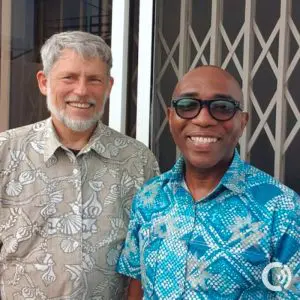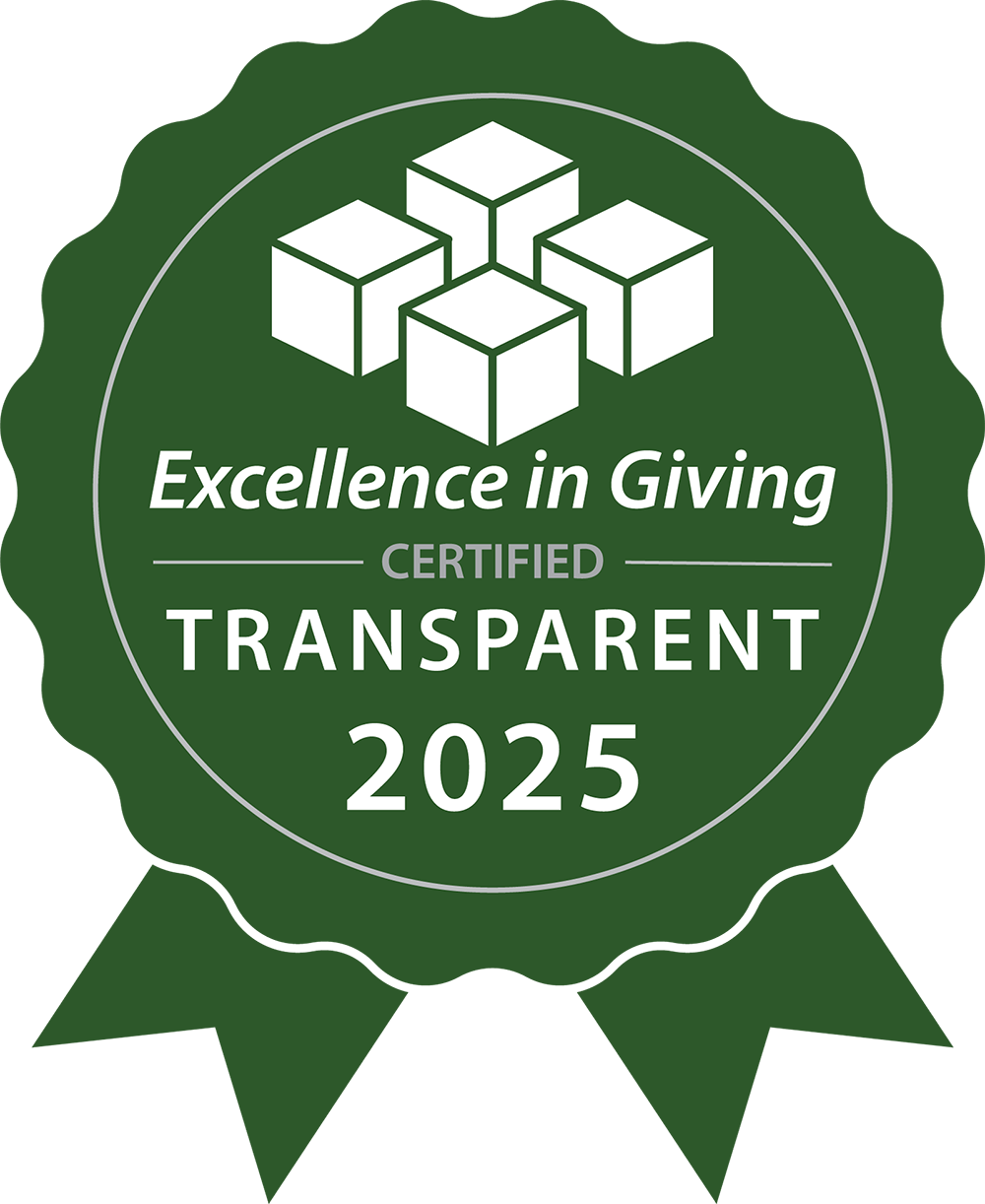Meet Tim Hunter, a member of our Oral Bible Translation team.
Tim is one of our consultant/trainers who frequently travels to the field to work directly with our local Christian leaders. Tim always approaches the work he does for Spoken with humility, grace, and an infectious smile. We’re glad he’s part of our team and we hope you enjoy getting to know him.
Tell us about your role at Spoken.

As one of the consultant/trainers on the Oral Bible Translation team, I provide strategic direction and input on the projects we do. At the same time, I endeavor to train others in the field to eventually take on the role of consultant. This sounds counterintuitive…training someone to do my job, but that’s how we work at Spoken – we empower local leaders to serve their oral communities. I train others through apprenticeship – working with them on the job and allowing trainees to observe consulting sessions. As they are encouraged to take on the role of consulting, I continue to mentor them.
What where you doing before Spoken?
I came to Spoken after having worked for 35 years as part of Wycliffe Bible Translators. The last 10 years of my career in Wycliffe was in the OneStory program, focusing on oral Bible stories, sometimes known as storying. I had an increasing sense that story should lead to translation, but there was not a clear path for that to happen. When I expressed a bit of frustration to one of my supervisors, he encouraged me to attend an OBT course that is offered at the Wycliffe/SIL training center in Dallas.
During the course in the summer of 2020, our Spoken Worldwide vice president of strategic initiatives came recruiting! He spoke to my supervisor who was on staff as part of the course, asking who could be recruited. My supervisor said “talk to Tim Hunter!” Long story made short, I wound up as part of Spoken Worldwide.
Why Oral Bible Translation and not another form of missions?
I grew up mostly overseas in Africa as the son of a missionary to Cameroon. So much of my formative years was spent among oral preference people, meaning that reading and writing is difficult or impossible for them. So, I have always known that oral communication is extremely important for a large percentage of the world’s population, although I might not have been able to express it in those exact terms.
It was also plain to me, growing up, that people in that part of the world who could not read, felt vastly inferior to those who could! This was a great source of shame for them. And it also meant they found themselves unable to adequately handle the Bible, especially since most of them would never get beyond a 6th grade education, on average.
Where did you go to school?
I have a BA in sociology/anthropology from the University of Texas at Arlington. That was after attending Bible school in Minnesota. Then, after my time at UT Arlington I took computer courses at DeVry Institute of Technology, but did not manage to graduate, since that was about the time that I went overseas with Wycliffe Bible Translators.
Tell us about when you accepted Christ as your Savior.
I came to Christ when I was baptized as an infant at about 4 or 5 weeks old. Since my father was a missionary pastor, I grew up in a Christian home and was brought up in the faith. I do remember my parents reading Bible stories to me and my siblings early on. Then, when I was 6 or 7 years old, I recall one story about the second coming of Christ which made me realize that I really needed to ask Christ into my life. So, I did!
What’s a typical day look like for you at Spoken?
Describing a typical day is a bit difficult, since my activities are often quite varied. One of the most common things I do is to get online with translation teams overseas and check their oral translations. I often use platforms like Zoom to get in touch with them and it usually involves 6 or 7 hours per day listening to teams retell their most recent scripture passage, having one of them tell it to me in English phrase by phrase, evaluating it for accuracy, and making relevant comments about the translation. This is a classic consultant role.
Sessions like that would then be interspersed with sessions involving exegesis of the next passages that the team will work on. I make sure that they understand the message of the passage and can more easily express it in their own language.
What do you like to do for fun?
When I’m not working, I enjoy learning Biblical Hebrew through online means such as YouTube, reading books about orality (Return of the Oral Hermeneutic) and relating to my grandchildren. And then sometimes I have to fix things on my house!
Tell us about your family.
I am married to Lois, an adventure we began 42 years ago! We have four children which we raised in Africa (at least partly) and we now have 9 (soon to be 10) grandchildren!
What is one of your most memorable experiences in the field?
One time while in the Republic of Congo, a woman in my oral Bible story seminar told me the following,
“I once thought God only speaks French and Lingala. When our pastors preach or read the Bible, they only do so in those languages. I used to think I had to pray in French or Lingala, because it seemed like that’s all God knew! Now you’ve told us that God made my language and He understands me when I use it. Now I understand that I can pray in my language!” Her eyes sparkled because she had found that she can now use her heart language to communicate with her Lord! That woman’s story keeps me going.
What was a challenging time that you’ve faced?
One of my most challenging experiences came early in our missionary career, when we found ourselves in Africa and realized that we did not have enough finances. I had to leave and go back to the home country to raise more funds.
That was very stressful, until someone pointed out that it is God’s function to provide the needed resources for what we do. I don’t have to worry about how many people to talk to, or what I’m going to say! I just remember that it’s God who will put it in the hearts of His people to share His resources with His ministry that we work in.
What impact has OBT made on making disciples?
OBT makes it much easier to make disciples when people realize that they are sharing something that comes from their own language, in a natural format that they can easily use! In many cases, the gospel used to seem like a foreign message coming in. Now it is their own! It’s easy to use. And people accept it readily, with joy!
Is there any one thing you’d like readers to take away today about Spoken and the work they do?
One thing I hope will be remembered when someone sees this is…wherever it is used, OBT is helping people realize that God is close to them, He understands them, and His words can be inside of them, not dependent on whether or not they have a book, and whether or not they can read!
Thank you, Tim for sharing. We pray your work with Spoken’s OBT team continues to be fruitful!



